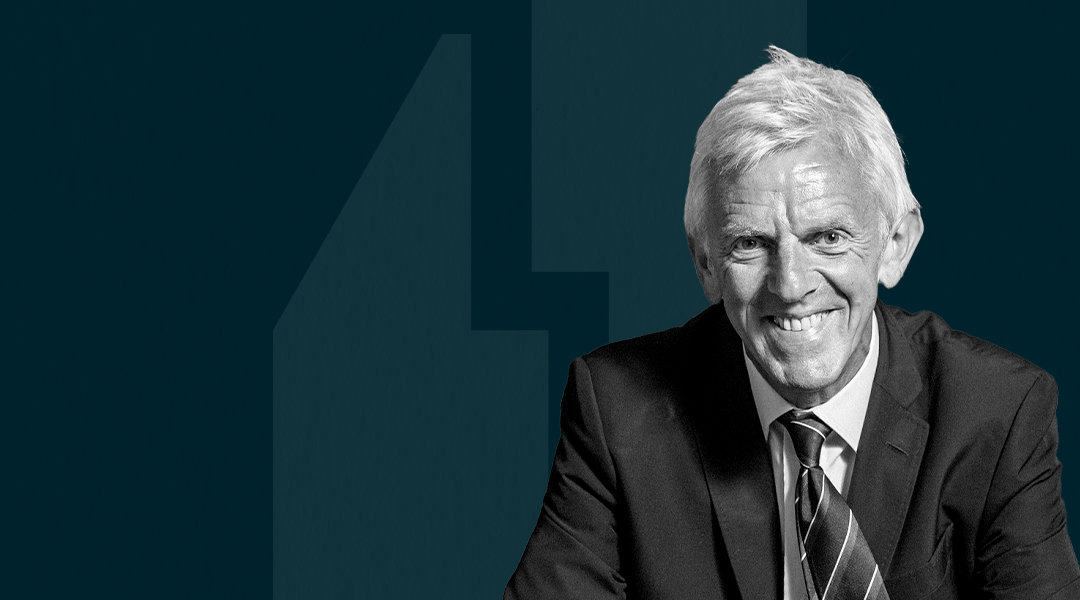
Should companies and government meddle with “happiness”?
Oud Bint Khalfan Al Roumi is twice happy. She landed a prestigious government position in the United Arab Emirates. Then, she was appointed to the rather unique job of “state minister in charge of happiness”. But, should governments be responsible for the happiness of their people, and can they do it?
Thomas Jefferson, a founding father of the United States of America, wrote already in the 18th century: “to preserve human life and the happiness of people is the only legitimate objective of any good government”. Later, he introduced the famous sentence about the “pursuit of happiness” in the US Declaration of Independence. In 1972, for the first time anywhere, the state of Bhutan calculated a happiness index for its people. Apparently, it was a good idea since it has been copied many times since. Recently, the United Nations declared March 20th the “International Day of Happiness”.
What is happiness? The prosperity of a nation is a collective concept, which results, among other factors, from its competitiveness. On the contrary, happiness is more of an individual belief. There is indeed an economic aspect which depends on a good standard of living. For example, a real disposable income of one-third of revenues after taxation and obligatory spending, generates a feeling of economic well-being. Also, there is a more personal aspect to happiness which is more difficult to express.
In his Nicomachean Ethics, Aristotle argues that the origin of happiness should be split into two: one part that results from a person’s environment (for example, today it is probably easier to be happy in Switzerland than in Syria). The other part relies on a natural aptitude to be happy. Modern science seems to corroborate his opinion.
Several studies show that positive emotions induce people to be in better health and even to have greater success in life. Most people believe that success will lead to happiness. However, research in psychology and neurosciences seems to indicate that the opposite is true. Happiness favors success because it leads people to become more motivated, innovative, dynamic and especially more resilient. In general, happy people have a higher level of confidence in themselves, which is a strength that helps confront many of life’s problems.
Companies too have a vested interest in having happy employees. Already, in the 1950s, Bill Hewlett, one of the founders of the Hewlett-Packard company, was saying: “If you provide a good work environment to your employees, they will naturally do a good job,” and they will be happy while doing it. Today, several rankings try to identify the best employers. Google regularly reaches top ranking; apparently, it has figured out a magic formula to make its employees quite happy to work there.
Therefore, it is not absurd for governments or companies to provide and nurture an environment where people can be happy. It may also explain why at the beginning of a New Year we extend wishes of “happiness and prosperity” to each other. Indeed, the two more linked than most people believe.
Stéphane Garelli is a world authority on competitiveness and has pioneered research in this field. He is Professor Emeritus at IMD where he founded the World Competitiveness Centre.
Research Information & Knowledge Hub for additional information on IMD publications

Six ways leaders can shape corporate reputation building strategies within their organizations, drawing on key insights from a Bloomberg Media study.

Managing energy in leadership helps sustain momentum. Tap into purposeful action, team cohesion, and personal conviction to stay energised and inspire others.

To navigate a turbulent business environment, CEOs must understand their landscape and align leadership thinking priorities, advises IMD’s Michael Watkins.

Only by coming to terms with your past can you hone the character and resilience to lead at your best. If you want to be a great leader, be your own case study.

By fostering a ‘we’ culture of sharing, respect, and gratitude, leaders can transform their organizations to shine in an inclusive world.

Effective communication is key to leading a team – but excessive talking can cause disengagement and frustration. Answer the following questions honestly to discover if you're talking too much – and read on for techniques to get more out of people...

As executives and organizations struggle to deal with an increasingly turbulent and complex world, here is a framework for becoming a caring and ethical leader.

IMD's Heather Cairns-Lee and leadership expert Eugene Sadler-Smith discuss why, in a data-driven world, intuitive intelligence is a critical skill that enhances decision-making, enabling leaders to act decisively in uncertainty.

Discover the opportunity of community with ‘community-centricity’- an approach for leaders to prioritize customers while driving economic and societal impact.

Leaders must foster strong relationships with teams and respect out-of-work boundaries to support their employees' ability to recover from the demands of the workplace.
in I by IMD
Research Information & Knowledge Hub for additional information on IMD publications
Research Information & Knowledge Hub for additional information on IMD publications
Research Information & Knowledge Hub for additional information on IMD publications
Research Information & Knowledge Hub for additional information on IMD publications
in I by IMD
Research Information & Knowledge Hub for additional information on IMD publications
Research Information & Knowledge Hub for additional information on IMD publications
in I by IMD 27 February 2025
Research Information & Knowledge Hub for additional information on IMD publications
Research Information & Knowledge Hub for additional information on IMD publications
in I by IMD
Research Information & Knowledge Hub for additional information on IMD publications
in I by IMD 21 February 2025
Research Information & Knowledge Hub for additional information on IMD publications

